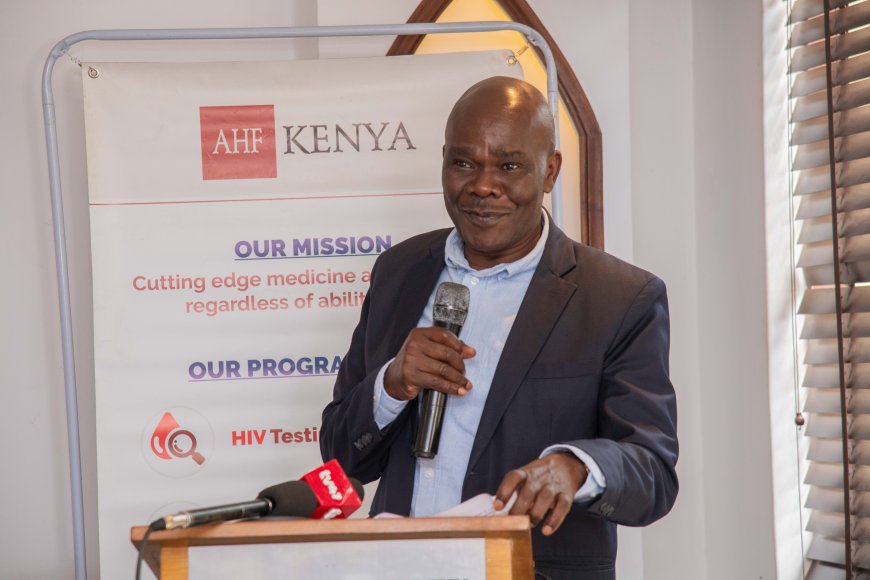Civil Society raise concerns over government's Mpox response

By Peter Ochieng
Civil Society Organizations (CSOs) have raised alarm over the government's Sh6.7 billion Mpox response fund, stating it is insufficient and not effectively prioritised.
Addressing the press in Nairobi on Wednesday, CSOs representatives urged the government to refocus the allocation towards critical areas like vaccine procurement, advanced diagnostic tools, and community sensitisation.
On Sunday, the government announced a prioritisation plan designating Sh800 million for temporary isolation spaces and Sh91 million for healthcare worker training, with the remaining funds allocated to efforts such as screening, procurement of PPEs, and community-based surveillance.
Notably, no provision was made for vaccine procurement.
AIDS Healthcare Foundation (AHF) Kenya Country Program Director, Dr. Samuel Kinyanjui warned that Mpox is a highly contagious disease with a death-per-infection ratio of about 3.33%.
"Mpox could follow the same path as COVID-19. The reported five cases today could turn into thousands, just like one COVID case led to more than 300,000 infections and nearly 6,000 deaths. We must act now before it’s too late," he said.
Further, he urged the World Health Organisation (WHO) to expedite the review and approval of alternative Mpox vaccines, in order to enhance affordability and accessibility by increasing the number of manufacturers.
Currently, he said, the only available vaccine, MVA-BN, is priced at Sh12,900 per dose, making it prohibitively expensive for many.
Dr. Kinyanjui stressed the urgent need to address the high costs through technology and knowledge transfers, including patent waivers, to enable regional vaccine production.
"These measures will increase vaccine supply, reduce costs, and strengthen the global response to Mpox."
James Kamau from the Kenya Treatment Access Movement (KETAM), urged the government to take funding and accountability seriously.
"We are asking the Kenyan government to allocate funds specifically for disaster management including pandemics. In 2022, the National Treasury developed a Disaster Management Fund, but it has yet to be operationalized. As we work towards universal health coverage and the launch of the Social Health Authority, disaster management remains unaddressed through the SHA," he stated.
Faith Ndungu, Advocacy and Communication Manager of the Health NGOs’ Network (HENNET), highlighted the significance of collective action in combating the outbreak.
"It is important for us to acknowledge the role of collective action," she stated.
With Mpox cases confirmed in 18 African countries, including Kenya and neighbouring Uganda, the CSOs expressed concerns about limited diagnostic capacity.
WHO has also warned that many suspected Mpox cases, though clinically consistent with the disease, remain untested and unconfirmed.
What's Your Reaction?
































































































































































































































































































